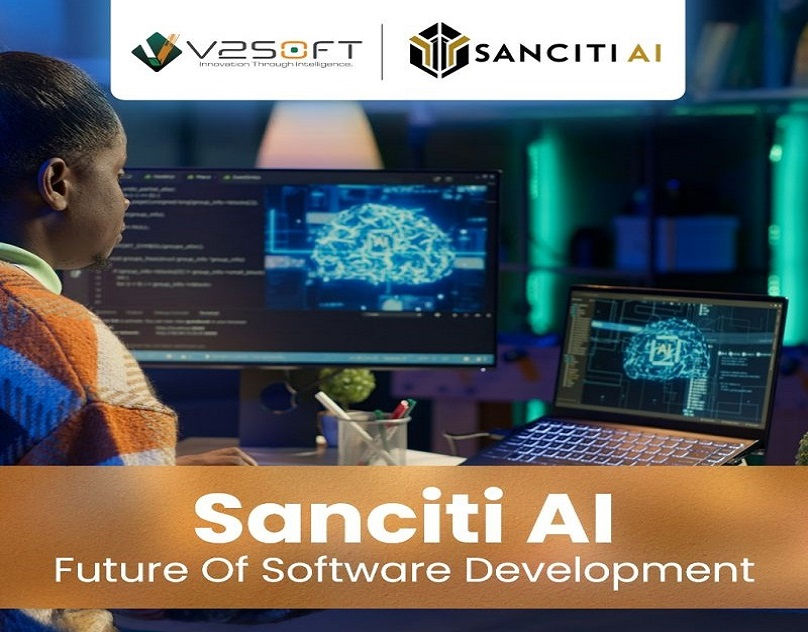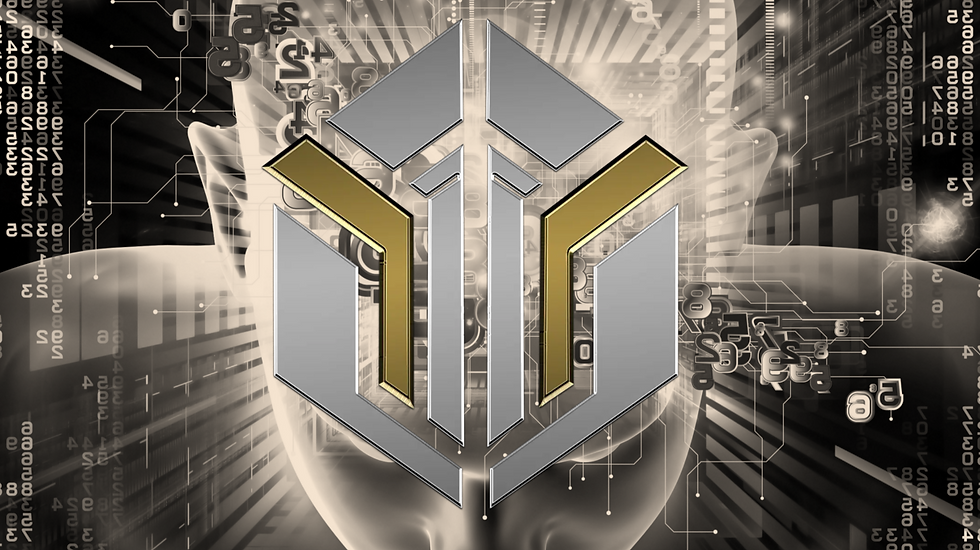AI Code Generator Transforming the Future of Coding Practices
- V2Soft Inc
- Sep 16, 2025
- 3 min read
Introduction

Software development has always been about balancing creativity with efficiency. Developers spend hours writing, debugging, and refining code to meet business requirements. However, with growing complexity in applications, there is increasing pressure to build faster and more reliable systems. This is where the concept of an AI Code Generator emerges, reshaping how modern teams approach software development. By automating repetitive coding tasks and reducing human error, this tool is not just improving productivity but also redefining development standards across industries.
The Rise of AI in Development Practices
The shift toward automation in software development has been gradual but steady. Developers once relied solely on manual coding, but today, smart technologies are augmenting their workflows. Tools like an AI Code Generator are streamlining processes by creating optimized code snippets in seconds.
Unlike traditional methods, these intelligent solutions can learn from past projects and adapt quickly to different programming requirements. Industry reports indicate that teams using automated coding tools achieve up to 30% faster turnaround times compared to those relying on conventional approaches. This not only reduces project delays but also minimizes costs associated with extended development cycles.
How Agentic AI Agents are Enhancing Automation
Beyond just generating code, modern platforms are integrating Agentic GEN AI Agents. These agents perform tasks that go beyond writing simple functions; they can analyze patterns, predict potential bottlenecks, and even suggest alternative development approaches.
For example:
Pattern recognition in code structure to avoid repetitive logic
Real-time recommendations for more efficient coding syntax
Predictive insights into potential system vulnerabilities
The inclusion of agents marks a new phase in development, ensuring that coding is not just faster but also smarter and strategically aligned with long-term goals.
Agentic AI Assistant in Developer Workflows
In addition to agents, organizations are adopting an Agentic AI Assistant to further streamline tasks. Unlike conventional support tools, these assistants interact seamlessly with developers, offering context-aware guidance and adaptive feedback.
For instance, when a developer encounters a complex function, the assistant can suggest real-time corrections or alternatives. This reduces the time spent searching documentation or resolving repetitive errors. According to a recent developer survey, teams reported saving nearly 20% of development time when using AI-driven assistants for daily tasks.
AI Driven Testing as the Next Milestone

Generating code is just one side of the equation. Ensuring that the code works efficiently is equally important. This is why AI driven Testing is becoming an essential part of modern software pipelines.
With automated testing, businesses can:
Detect bugs early in the development cycle
Run thousands of test cases simultaneously
Ensure applications remain stable during continuous integration
What makes AI-driven testing unique is its ability to self-learn from previous outcomes and improve accuracy in future testing cycles. Compared to manual testing, AI-driven approaches reduce testing time by nearly 40%, giving businesses a competitive edge in faster release cycles.
Security Automation in SDLC
As software evolves, so do cybersecurity challenges. One of the key concerns is safeguarding applications from vulnerabilities. A robust Security Automation in SDLC ensures that security checks are embedded right from the design phase.
This approach eliminates the traditional practice of adding security as an afterthought. Automated vulnerability scans, threat analysis, and compliance checks are conducted in real-time, reducing risks significantly. Reports highlight that integrating security automation reduces breach risks by over 60%, proving its necessity in critical enterprise applications.
Adopting an AI SDLC Framework
The journey toward AI-powered development is incomplete without a structured framework. The AI SDLC Framework provides a comprehensive model to manage the entire software lifecycle. From planning and coding to testing and deployment, the framework ensures alignment between business goals and technical execution.
Unlike traditional models, this framework integrates AI across all phases, making processes adaptive and resilient. For global companies, the adoption of such frameworks has led to measurable improvements in delivery timelines and reduced operational costs.
Conclusion
The software development landscape is undergoing a significant transformation. Tools like the AI Code Generator are not only accelerating coding tasks but also ensuring higher standards of quality and security. With the support of intelligent agents, AI assistants, automated testing, and security-focused frameworks, businesses are entering a new era of innovation.
By embedding intelligence into every phase of the SDLC, organizations can achieve greater efficiency, minimize risks, and deliver software that meets the demands of today’s fast-paced digital environment. The future of development will be defined not just by how code is written but by how intelligently it is generated, tested, and secured.
Have Questions? Ask Us Directly!
Want to explore more and transform your business?
Send your queries to: info@sanciti.ai



Comments